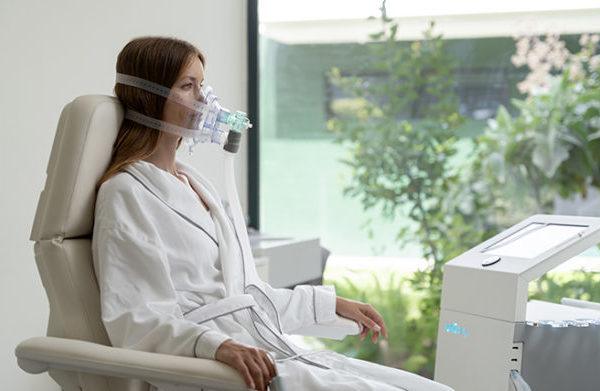
SHA Magazine Health & Beauty
The link between stress and digestive problems
The brain and the gut are intimately connected. That’s why digestive health depends not only on diet, but also on the right emotional management.
The gut microbiota is the collection of trillions of bacteria, fungi, yeasts, phages and other living microorganisms that live in the gastrointestinal tract and interact in a bidirectional way with the body’s different systems and organs. This is why keeping the microbiota balanced and with a high biodiversity is essential when it comes to enjoying an optimal state of health and well-being.
As Ana Mayor, expert in Digestive Health at SHA Wellness Clinic, says, “the intestine is known as the second brain because it is home to millions of neurons that constantly interact with the immune, endocrine and central nervous systems and because it maintains a bidirectional communication with the brain. Certain bacteria in the gut microbiota produce neurotransmitters that act as second messengers in the brain and regulate mood and cognitive functions”. This is one of the reasons why a stressful situation or one that causes distress or anxiety can manifest itself in an upset stomach.
Neurotransmitters and endocrine signals that connect the two organs travel through the gut-brain axis and explain the relationship between gut microbiota and memory, learning, anxiety, stress, neurodegenerative disorders and neurodevelopment. As Ana explains, “the state of the microbiota influences the proper functioning of the brain and the central nervous system, but there are also signals in the other direction. Thus, stress has a very negative impact on the stability of the microorganisms that live in our intestine and, in turn, the intestinal microbiota conditions the response to stress and the associated consequences ”.
To prevent poor emotional management from leading to digestive problems, such as constipation, heartburn or irritable bowel syndrome, the best option is to take care of your gut microbiota. Include prebiotic and probiotic foods in your diet, do regular physical exercise, try to follow a good sleep hygiene every night and practice mindfulness disciplines, such as yoga or conscious breathing, which will help you manage stress and anxiety, in turn keeping your gut microbiota healthy and balanced.
To find out more about the relationship between emotions and digestive health, Click here





